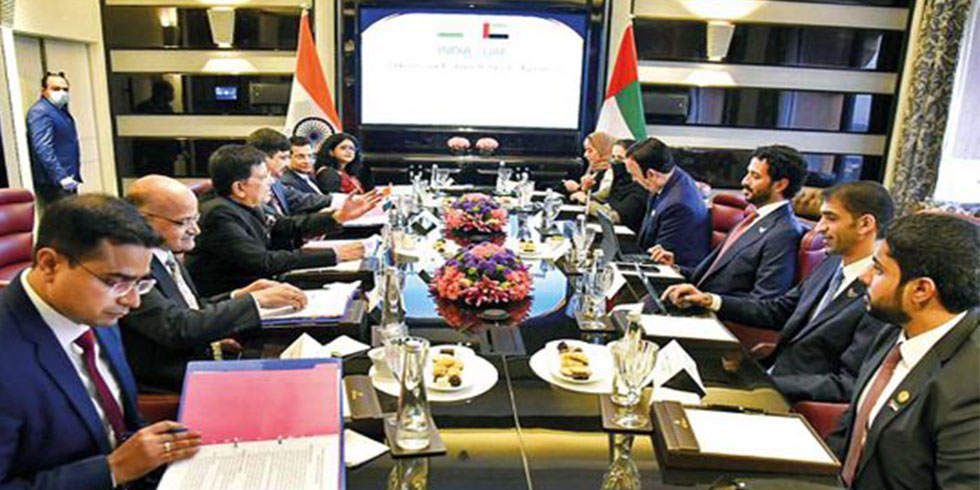London: India’s Narendra Modi has announced plans to liberalise foreign investment rules, as he tries to give fresh impetus to his government’s stuttering economic programme having suffered a drubbing in state elections last weekend.
Facing criticism that he has failed to push through big reforms since taking power last year, Modi unveiled a package of measures to ease the often daunting restrictions faced by global companies in sectors such as defence and retail.
India’s latest attempt to woo foreign capital comes as Modi heads to the UK for a three-day visit later this week, in which British companies are expected to unveil $15 billion (Dh55.10 billion) worth of trade and investment deals. “Today’s FDI related reforms will touch 15 sectors,” Modi said on Twitter. “India is unstoppable on the path of economic progress [and] ... wants the world to see the tremendous opportunities India offers.”
Following an unexpectedly heavy defeat in elections in the eastern state of Bihar, Modi has come under pressure to renew his focus on India’s economy, where reforms in areas such as tax and land acquisition have suffered parliamentary delays this year.
India has proved a rare bright spot among global emerging markets during 2015, with growth hovering about 7 per cent. FDI levels have also risen 15 per cent over the first six months of the year to $20.5 billion, although that level remains roughly three times lower than the equivalent figure in China.
Yet while Modi talks frequently about easing India’s business climate, foreign companies often point to formidable obstacles even in sectors that are theoretically already open to investment, ranging from convoluted regulations to run-ins with India’s tax authorities.
Tuesday’s reforms generally involve easing some of those rules in already open sectors, although the package did raise the amount foreign companies can own in companies in India’s broadcasting market from 74 per cent to 100 per cent.
The measures also make it easier for foreign businesses to win automatic approval for investment plans, by raising the threshold at which larger projects must be referred to India’s foreign investment board from Rs30 billion ($453 million; Dh1.67 billion) to Rs50 billion.
Other changes affect specific areas, for instance by removing restrictions on defence investments, a sector that has attracted heightened interest from foreign companies since FDI ownership caps were raised to 49 per cent last year.
In banking, the new rules increase the amount of equity foreign portfolio investors can hold in Indian private sector lenders to 74 per cent, making it easier to raise capital. Rules were also eased in a range of other sectors such as real estate, construction and retail.
Tuesday’s moves are likely to be the first of a series of measures pushed by Modi over the coming weeks, including a likely cabinet reshuffle to address concerns about a paucity of administrative talent in the prime minister’s top team. “I wouldn’t say that this is a watershed, but these changes will go some way to stopping complaints from foreigners about the business climate,” says Prabodh Agarwal, head of research at India Infoline, a broker. “The government is going to pick up the pace on reforms, including bringing in new faces, to try and get things going.”
India opens up FDI to boost economy















Add Comment